Lemon Pepper Seasoning Recipe
Lemon pepper seasoning is a popular and versatile spice blend that combines the bright, tangy flavor of lemon with the bold, pungent taste of black pepper. It is used to season a variety of dishes, including poultry, fish, vegetables, and salads.
Lemon pepper seasoning is particularly popular in American and Mediterranean cuisines.
Make your own homemade lemon pepper seasoning to control how much salt you consume and to know exactly what goes into your food and, thereby, your body! Some of the ingredients found in commercial lemon pepper include sugar and yellow food coloring. Those are two ingredients that I definitely avoid, which is why I prefer to make my own lemon pepper in addition to other spice blends.
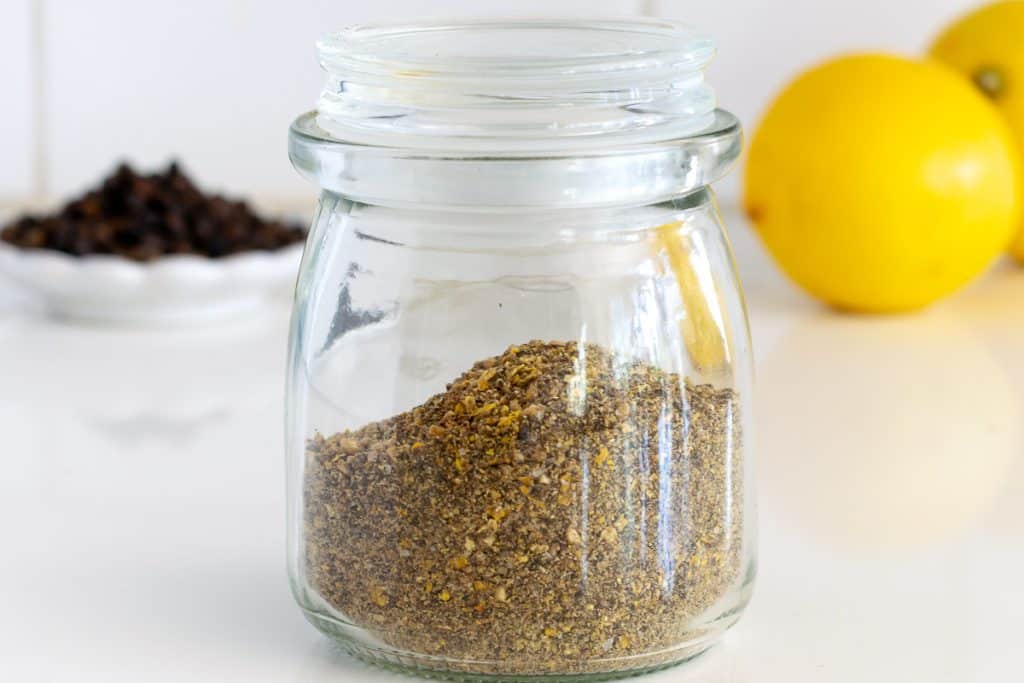
Table of Contents
what are the ingredients in lemon pepper seasoning?
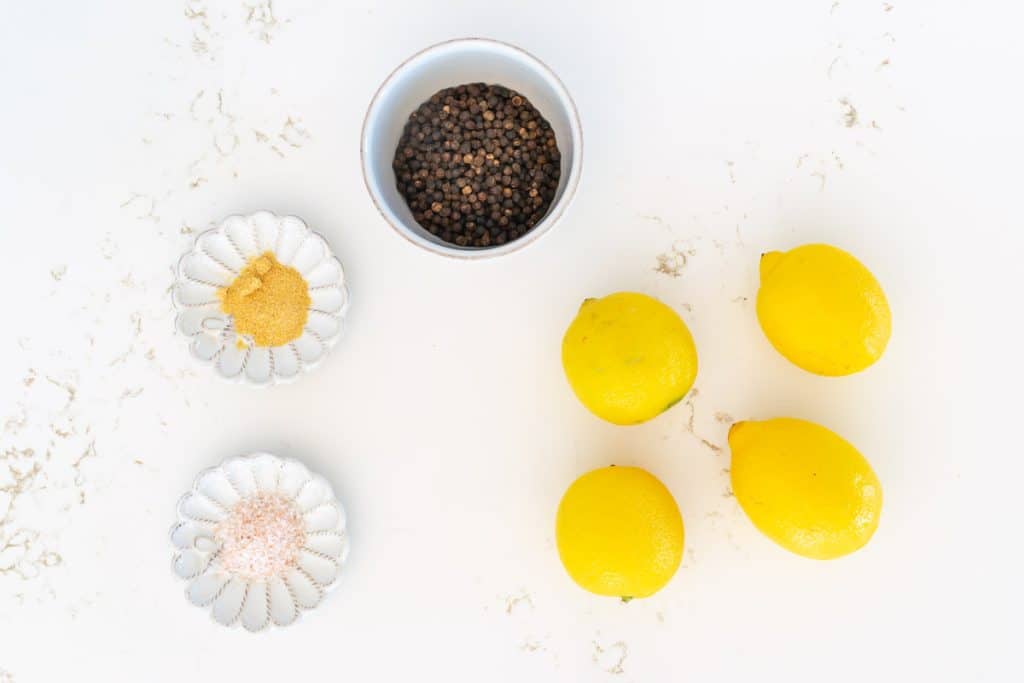
This may come as a surprise, but the main ingredients in lemon pepper seasoning are lemon and black pepper!
- Lemon zest: The outer layer of the lemon peel, which is dried and then ground or grated. Lemon zest adds a fresh, tangy flavor and aroma to the seasoning.
- Black pepper: Black pepper is known for its sharp, slightly spicy taste and pungent aroma.
- Salt: Usually added to enhance the flavors of the other ingredients and help preserve the seasoning. Use Kosher salt or sea salt, whichever is your favorite.
- Garlic powder: Garlic powder adds depth, warmth, and a savory element to the blend. It complements the bright, tangy notes of lemon zest and black pepper’s sharp, pungent taste, creating a more complex and well-rounded flavor profile.
- Some variations of lemon pepper seasoning may also include additional ingredients like onion powder or other herbs and spices, such as thyme or parsley, to add depth and complexity to the flavor profile.
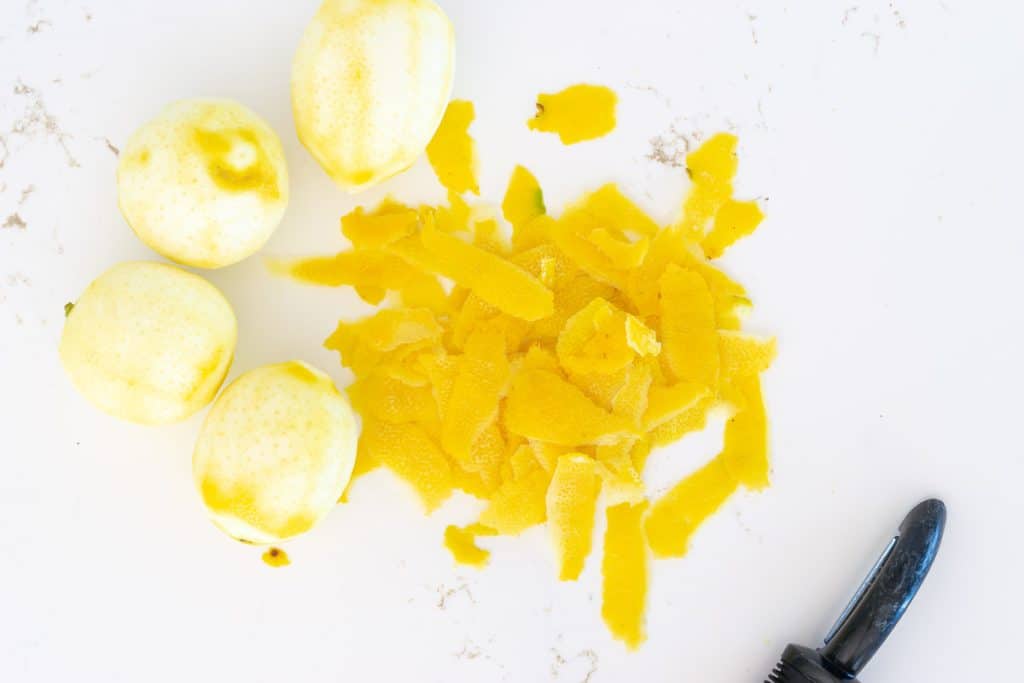
Some of these links may be Amazon affiliate links and I may earn a small commission from the sale of these products to help defray the costs of operating this site, but the price you are charged is not affected. You can see my full disclosure policy here.
about lemon peel, zest + pith
Lemon peel, lemon zest, and pith are all parts of the lemon fruit’s outer layer, but they have different characteristics, flavors, and culinary uses.
Lemon peel refers to the entire outer layer of the lemon, which includes both the zest and the pith. The peel is often used in recipes that require a stronger lemon flavor or when the entire outer layer is needed, such as in candying or preserving. It can also be used to infuse liquids or oils with a lemon flavor. This recipe instructs you to dehydrate the lemon peel as the dry lemon peel will blend with the salt and pepper and will have a longer shelf life.
Zest is the very outermost layer of the lemon peel, which is thin, bright yellow, and contains the fruit’s aromatic oils. It is rich in lemon flavor and has a slightly sweet, tangy taste. Lemon zest is commonly used in cooking and baking to add a burst of citrus flavor to dishes without the bitterness that can come from the pith. It is typically removed from the lemon using a zester, grater, or sharp knife, taking care not to include the white pith underneath.
The pith is the white, spongy layer found between the zest and the fruit’s flesh. It is thicker and more fibrous than the zest and has a bitter taste. In general, the pith is not used in cooking because of its bitterness, and it is often discarded or carefully removed when zesting or peeling a lemon. However, the pith does contain some nutrients and can be used in certain recipes, like marmalade, where the bitterness is balanced out by sugar or other ingredients.
For this lemon pepper seasoning recipe, we want to be sure only to use lemon zest.
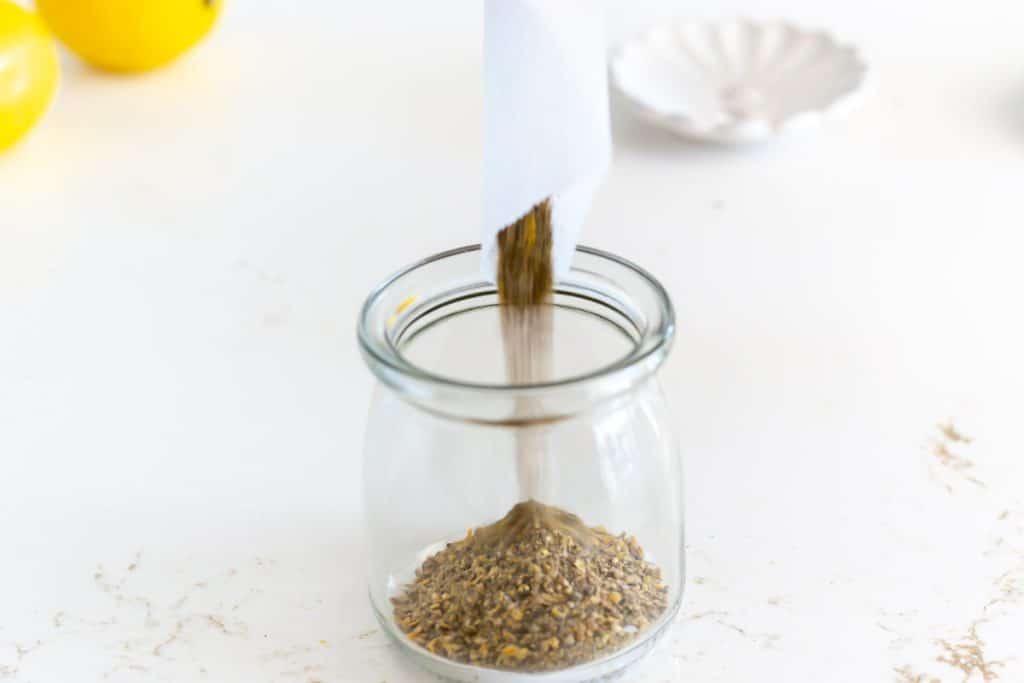
use the whole lemon!
After zesting the lemons, I juiced them and froze the juice in my little cube trays to add to my water. Go a step further and combine the lemon juice with some fresh ginger for these ginger and lemon cubes, perfect to get your system moving the first thing in the a.m.!
how to grind the ingredients for lemon pepper seasoning
I tried a variety of tools to get the grind I wanted. I put the spices in the small jar attachment of my Vitamix and was surprised that it left a good number of unground/partially ground peppercorns. The same holds true for the bowl chopper of my handheld immersion blender/chopper.
I found the best way to get a nice, consistent texture was through my Cole + Mason Spice Grinder, which is a handy tool for grinding a variety of spices and seasonings! The Spice Grinder has several settings to determine the fineness of the resulting spices or chiles. Another option would be a coffee grinder, which is what I would’ve used before I got this spice grinder!
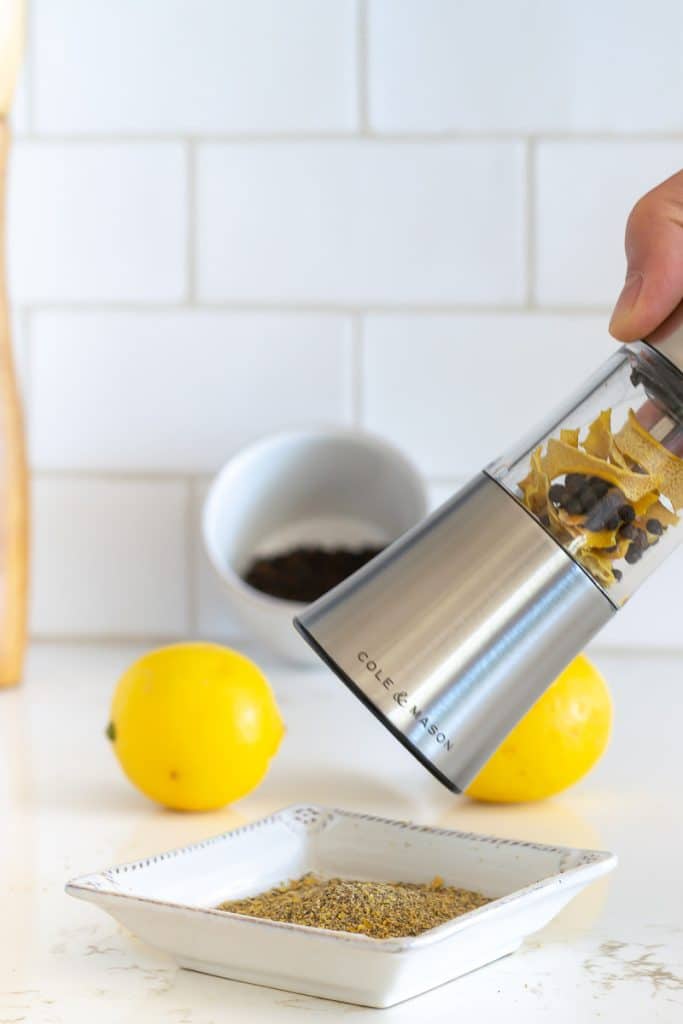
uses for lemon pepper seasoning
Lemon pepper seasoning is a versatile and flavorful spice blend that can be used in a variety of dishes to add a bright, tangy kick and a hint of spice. Some popular uses for lemon pepper seasoning include:
poultry
Use lemon pepper seasoning as a dry rub or in a marinade for chicken, turkey, or other poultry. It works well on baked, grilled, or roasted poultry dishes, imparting a zesty flavor that pairs well with the meat. It is an integral ingredient in the ever-popular lemon pepper chicken wings.
seafood
Lemon pepper seasoning is a classic choice for fish and shellfish, such as salmon, tilapia, shrimp, or scallops. Use it as a rub, sprinkle it on before grilling, or mix it into a marinade or sauce.
vegetables
Sprinkle lemon pepper seasoning on roasted, steamed, or sautéed vegetables, such as asparagus, green beans, broccoli, or zucchini. It adds a fresh, zesty flavor that can help to brighten up vegetable dishes.
salads
Mix lemon pepper seasoning into salad dressings or vinaigrettes for a tangy, peppery twist. It pairs well with leafy greens, pasta salads, or grain-based salads, such as quinoa or couscous.
rice + grains
Add a sprinkle of lemon pepper seasoning to cooked rice, quinoa, couscous, or other grains for a burst of flavor. It can help elevate a simple side dish or add interest to a grain-based salad.
pasta
Toss cooked pasta with lemon pepper seasoning, olive oil, and grated Parmesan cheese for a simple, flavorful pasta dish. You can also add it to pasta sauces or sprinkle it on top of pasta salads.
soups + stews
Add a dash of lemon pepper seasoning to soups, chowders, or stews for an extra layer of flavor. It works particularly well in seafood-based soups or broths.
snacks
Sprinkle lemon pepper seasoning on popcorn, nuts, or roasted chickpeas for a zesty and flavorful snack.
baked goods
Use lemon pepper seasoning in savory baked goods, like breads or crackers, to add a subtle hint of tanginess and spice.
food gifts
Package your lemon pepper seasoning in pretty jars as gifts from your kitchen.
compound Butter
combine 1 tablespoon of lemon pepper seasoning with 1 stick of softened butter, a crushed clove of garlic, and some finely diced shallots for a delicious Lemon Pepper Butter to top your next grilled fish or chicken, or steamed vegetables.
reduced or no-salt lemon pepper seasoning
I consider this a reduced-salt lemon pepper seasoning. You could easily leave the salt out altogether for a no-salt version. Reducing salt is a great step in making healthy recipes.

how to store lemon pepper seasoning
This homemade lemon pepper seasoning can last up to two years when stored in an airtight container in a cool, dry place. Over time, the flavors may diminish, so it’s best to use the seasoning within a year for optimal taste.
This lemon pepper seasoning is made without silicon dioxide, which many commercial blends include as an anti-caking ingredient. I find that it does not need an anti-caking agent. If it does clump, just shake it up!
can I use lemon pepper seasoning as a substitute for fresh lemon juice or zest? :
While lemon pepper seasoning does have a lemony flavor, it is not an ideal substitute for fresh lemon juice or zest in recipes that require acidity or a strong lemon flavor.
is this lemon pepper seasoning gluten-free?
Most lemon pepper seasonings are gluten-free, as they typically contain only lemon zest, black pepper, garlic powder, and salt. However, some garlic powders or onion powders could potentially contain gluten. Always check the label to ensure the product is gluten-free if you have any concerns.
can I use lemon pepper seasoning in place of regular black pepper?
Lemon pepper seasoning can be used in place of black pepper in many recipes, but it will add a tangy lemon flavor in addition to the spicy kick from the pepper. Adjust the seasoning to taste and consider the other flavors in the dish to ensure a balanced result.
can I use lime zest instead of lemon zest to make lime pepper seasoning?
Absolutely! Substitute lime zest for lemon zest in the lemon pepper seasoning recipe to create a lime pepper seasoning with a slightly different citrus flavor. This variation works well with many of the same dishes as lemon pepper seasoning.
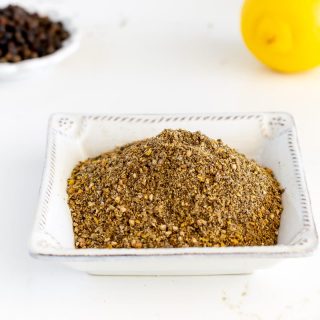
Lemon Pepper Seasoning
Ingredients
- 4 fresh lemons or 1/4 cup dried lemon zest
- 4 tablespoons black peppercorns
- 1 teaspoon salt
- 1 teaspoon garlic powder
Instructions
- Preheat a convection oven or dehydrator to 135°.
- Peel the zest from each lemon, being careful to get the zest, not the bitter pith. I find a vegetable peeler works best.
- Place the zest on a drying tray or cooling rack in the oven or dehydrator and let dehydrate for 2 hours until the peels are potato chip crisp.
- Grind the dehydrated lemon zest and black pepper. I used the small bowl of my Vitamix blender, the chopper bowl of my hand-held stick blender, and the Cole + Mason spice grinder. Hands down, the spice grinder produced a finer, more uniform final lemon pepper seasoning.
- Mix ground lemon zest and pepper with salt and garlic powder.
- Store in an airtight container.
Nutrition
Bookmark this page or pin the following image to refer back to this Lemon Pepper Seasoning Recipe in the future.
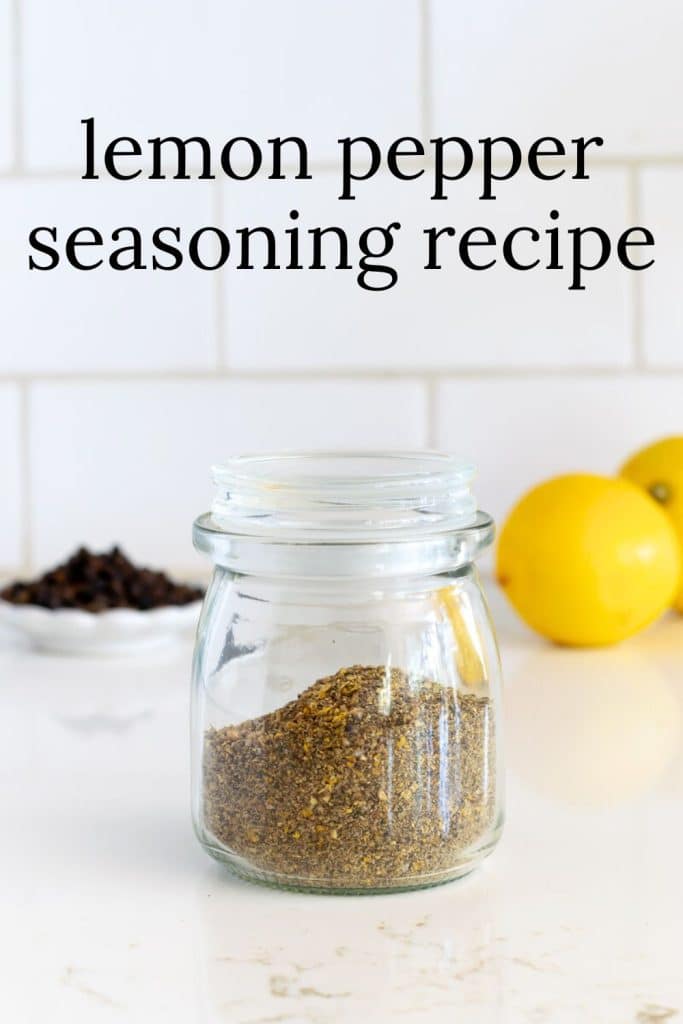
Thanks so much for spending a few minutes of your busy day with me!
To ensure you don’t miss future content, pop your email in the pale green box on the right or click here. I usually send one email weekly, so I won’t inundate your inbox. I’m sensitive to an overflowing email inbox!
We will only use your email address to send you emails, no more than 1-2 weekly. In addition, you will have access to my growing library of knit & crochet patterns and other printables. Check back often as this library will continue to grow. You can unsubscribe anytime by emailing me or clicking on the “unsubscribe” link at the bottom of all emails.
And you can access many of the products I refer to on my Nourish and Nestle Amazon Page. You can access it here.
So, if you’d like to participate in the ‘subscriber benefit’ action, simply subscribe to Nourish and Nestle here or use the form on the right sidebar. It’s slightly towards the top.
I have sent all my subscribers the link to the Subscriber Benefits Library. If you missed it or misplaced it, let me know.
Until next time…


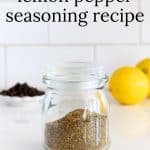
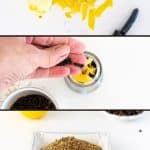
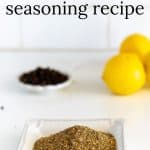
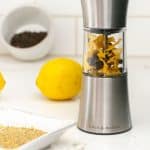
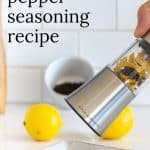
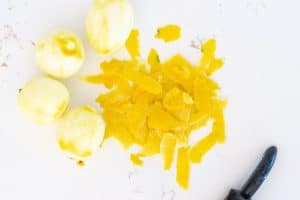
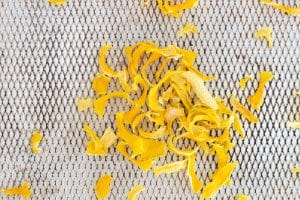
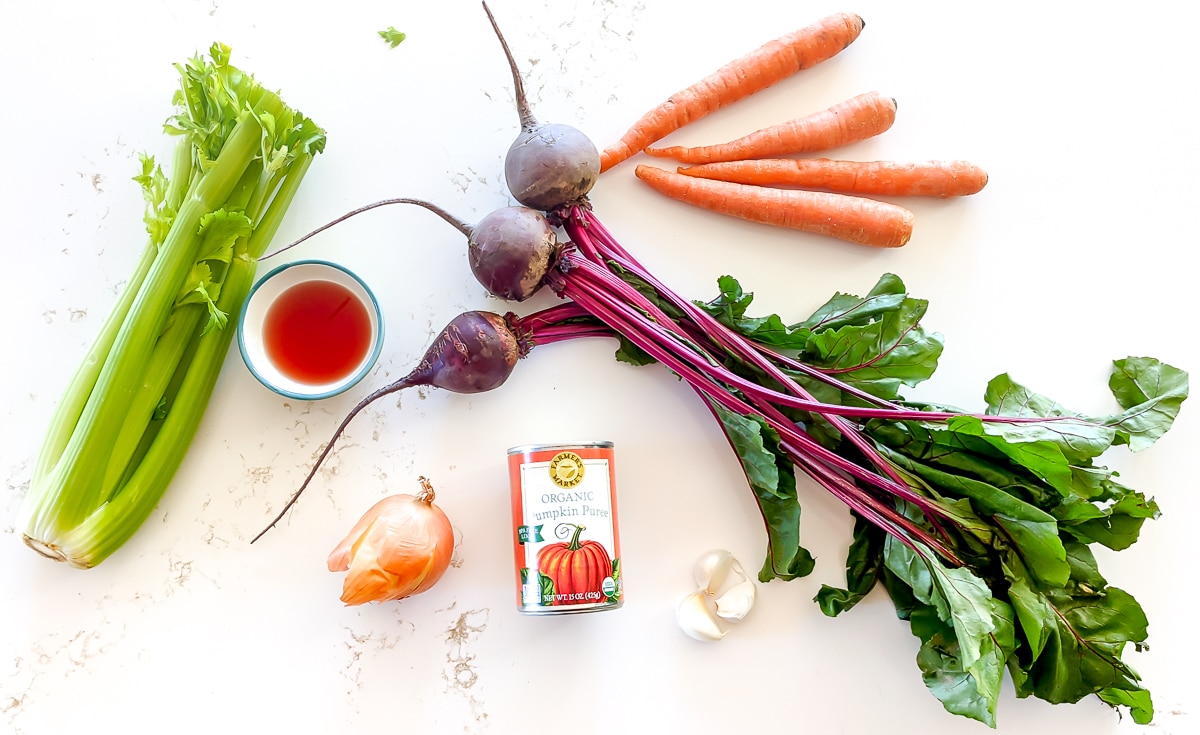

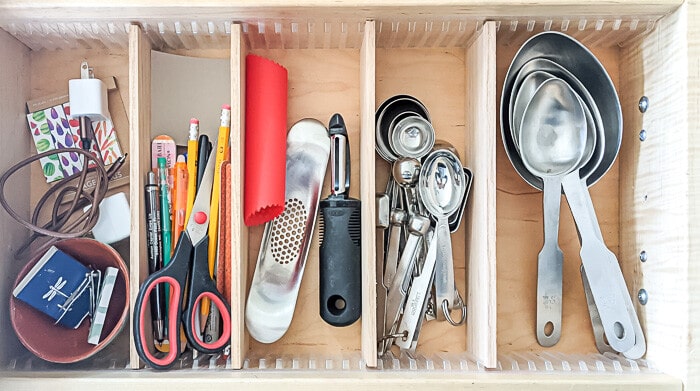
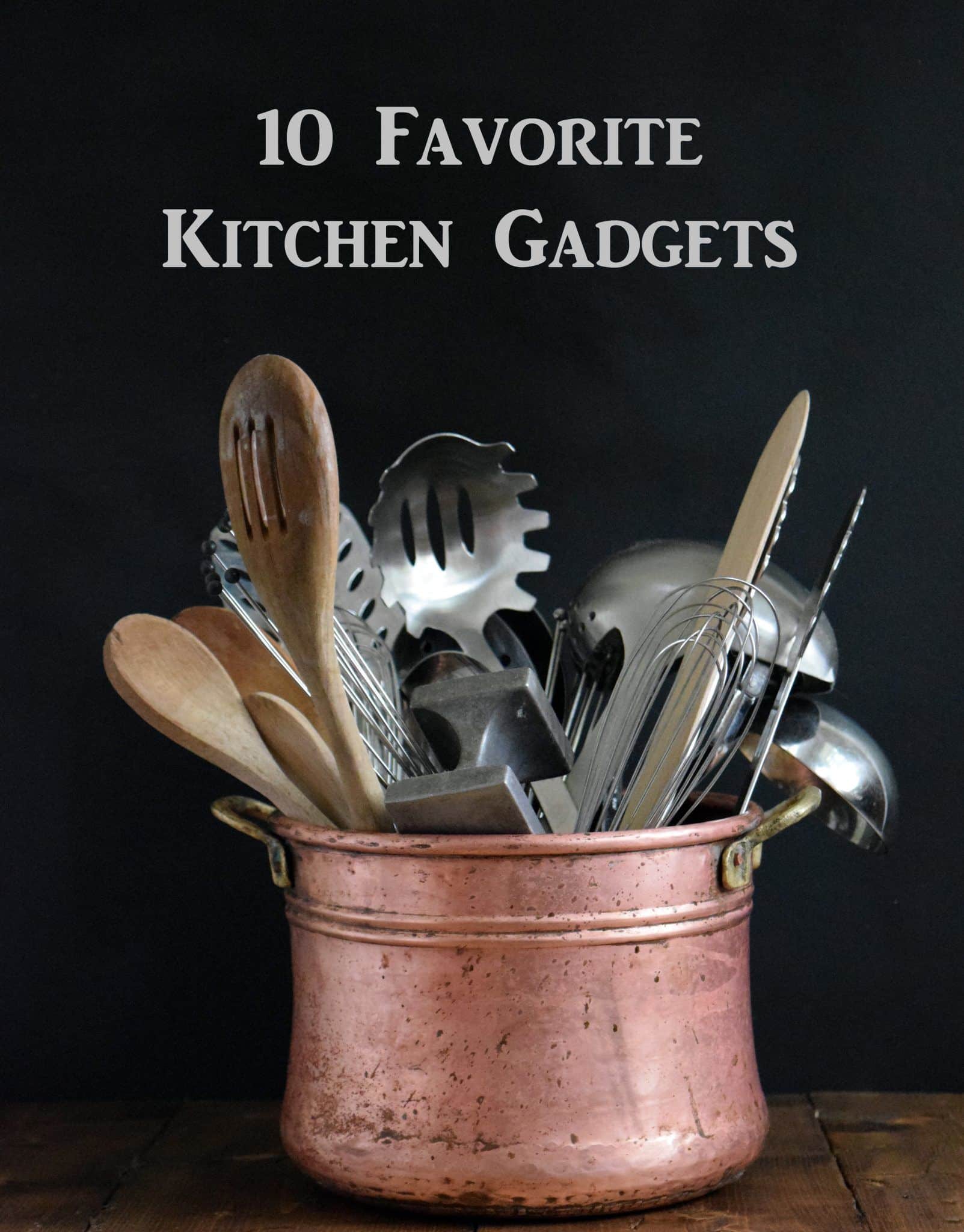
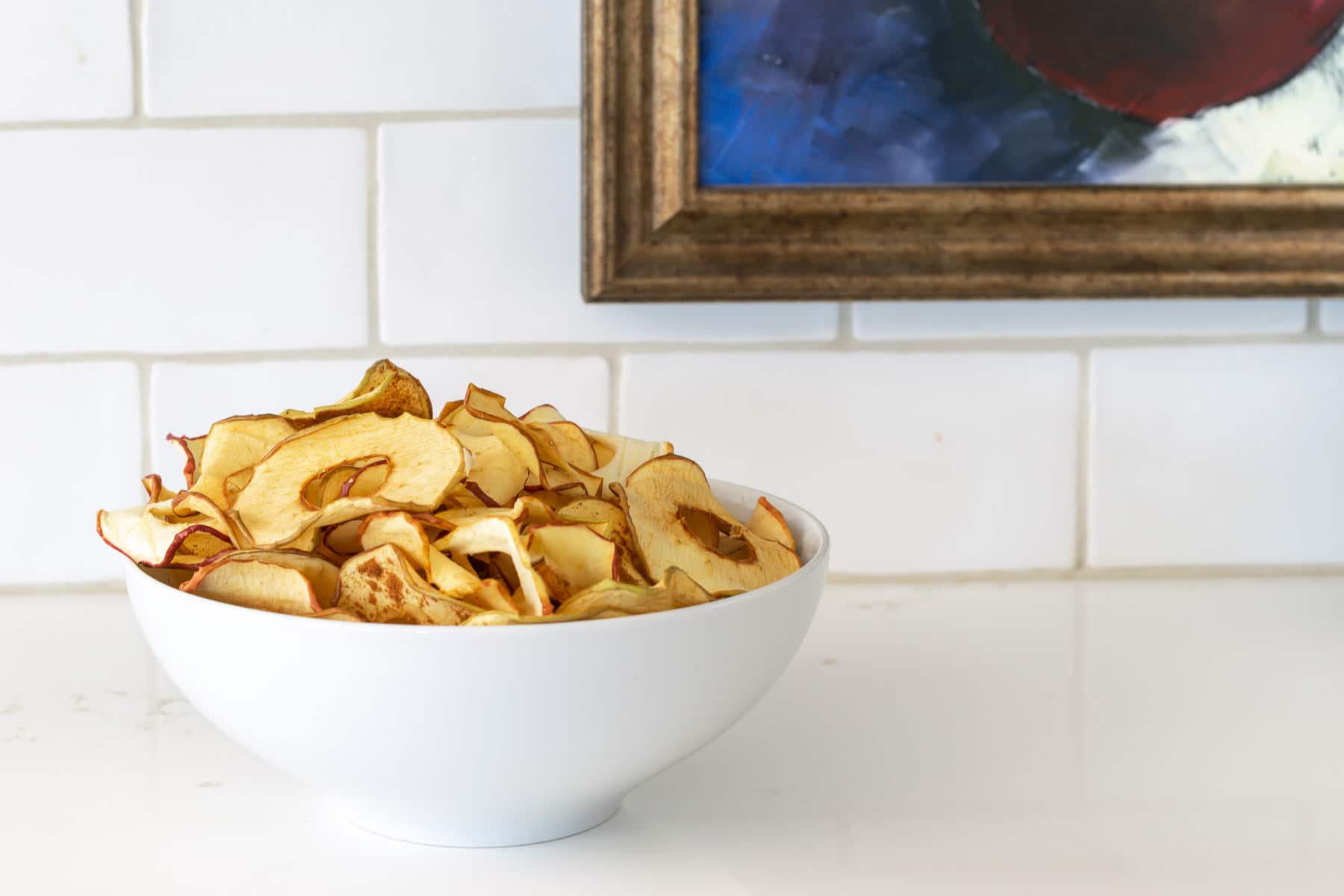
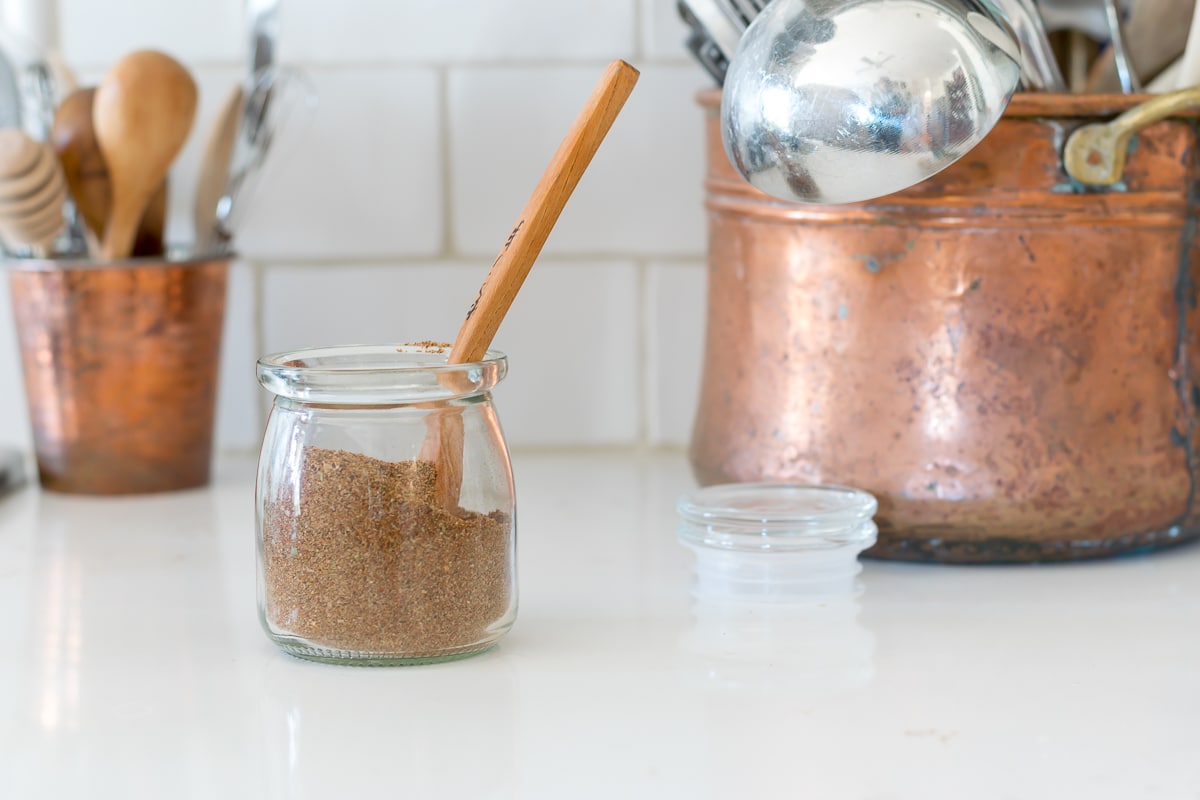
I haven’t had lemon pepper anything in such a long time! This is inspiring me to do s0- and to make the seasoning myself. Can’t wait to try it! Thanks!
Oh girl, you need to make some!